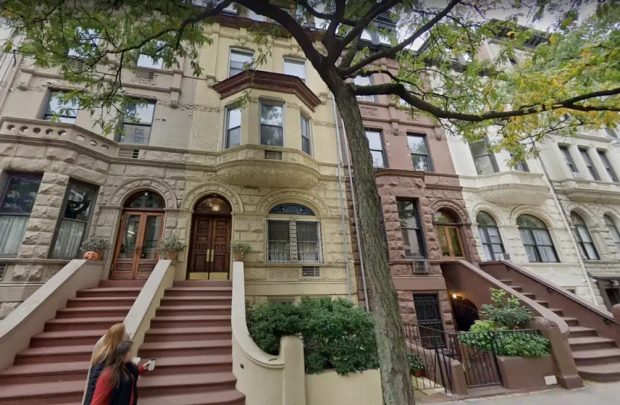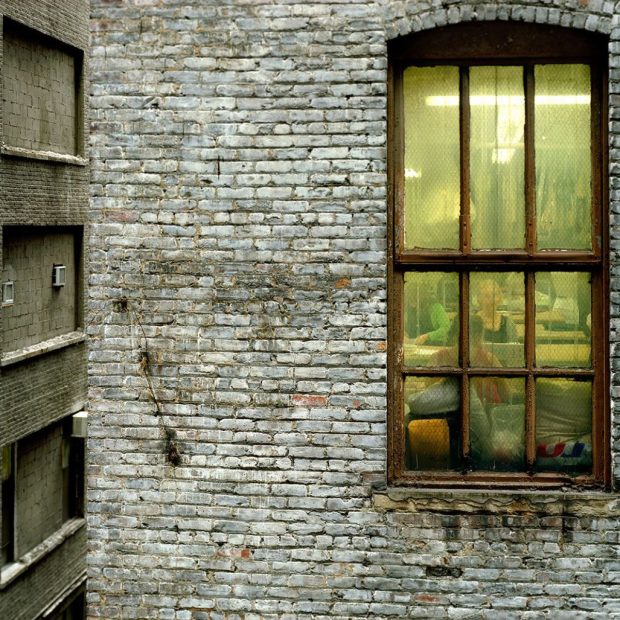
In the bustling city of New York, where the majority of residents are renters, the quest for an affordable apartment is a common challenge. This article aims to explore the possibilities of securing a viable option for $2000 a month, shedding light on the intricate dynamics of the city’s real estate market.
In New York, $2000 is considered a standard price. However, within this budget, residents are often faced with a choice between a compact studio in a prestigious location or a more spacious three-room apartment in a modest area. The delicate balance between size and location becomes a crucial factor in the decision-making process.
With a staggering 67.4% of New York’s population opting for rental living, the prospect of homeownership remains elusive for many.
The prohibitively high cost of local real estate, coupled with maintenance fees comparable to rental expenses, reinforces the city’s identity as a haven for renters. The financial constraints of living paycheck to paycheck further limit the feasibility of home purchases, fostering a culture of frequent moves between rented apartments.
Moving in New York is a multifaceted and expensive endeavor, demanding meticulous financial planning. Beyond the basic expenses of the first month’s rent, a deposit equivalent to one month’s rent, and a real estate agent’s fee (often 15% of the annual rent), additional costs include hiring movers. The intricacies of relocating, combined with the need to pay for professional movers and the absence of furnished apartments, amplify the complexity and cost of the process.
READ: Luxury Real Estate in New York: The Wealthy Take Their Time to Seal the Deal
Delving into New York’s housing history, prospective residents encounter a critical decision: prewar or postwar buildings. Prewar structures, distinguished by solid brick, high ceilings, and unique architectural features, offer a glimpse into the city’s historical charm.

Postwar buildings, erected in the mid-twentieth century, present a more familiar housing stock, characterized by block constructions with lower ceilings and rooms that are often labeled as less charming by real estate agents.
Embarking on the journey to find housing in the vast landscape of New York City often begins on platforms like streeteasy.com, a virtual hub where all New Yorkers seek their next abode.

Amid the search, one may encounter amusing scenarios, such as apartments where all windows open to a brick wall or, alternatively, face a fence adorned with iron mesh and barbed wire. Some unfortunate views extend to roofs laden with tar and strewn with a collection of forgotten items.
In recent years, the cityscape has witnessed the rise of premium-class residences, blending allure with affordability. These dwellings often boast attractive features like gyms, rooftop access, lounges, bicycle storage, courtyards adorned with trees, and the added luxury of a concierge.
Prospective tenants engage in a delicate dance to present themselves favorably to landlords. This involves completing detailed forms and submitting essential documents like tax certificates highlighting annual income and bank statements, offering insights into financial stability. Recent immigrants face additional hurdles, requiring a guarantor, employment certificates, or marriage documentation. These meticulous steps align with New York laws that consistently favor tenants, making eviction, even for persistent defaulters and troublemakers, a prolonged and challenging process.
In the city that never sleeps, a modern twist on communal living has emerged, akin to the iconic TV series “Friends.” Rebranded as coliving, this phenomenon transforms the concept of shared living spaces into stylish dormitories catering to five or six individuals. These spaces boast meticulously designed common areas, typically attracting millennials engaged in creative professions.

READ: Dubai Opportunities: Profitable and Reliable Investments
Navigating New York City’s real estate landscape mirrors the unpredictability of life itself. From moments of despair to sudden bursts of happiness, the ebb and flow of the market can transform the housing narrative at any given time. In this ever-changing urban landscape, coliving stands as a testament to the adaptability and innovation shaping the way New Yorkers experience communal living.
Like us on Facebook for more stories like this: